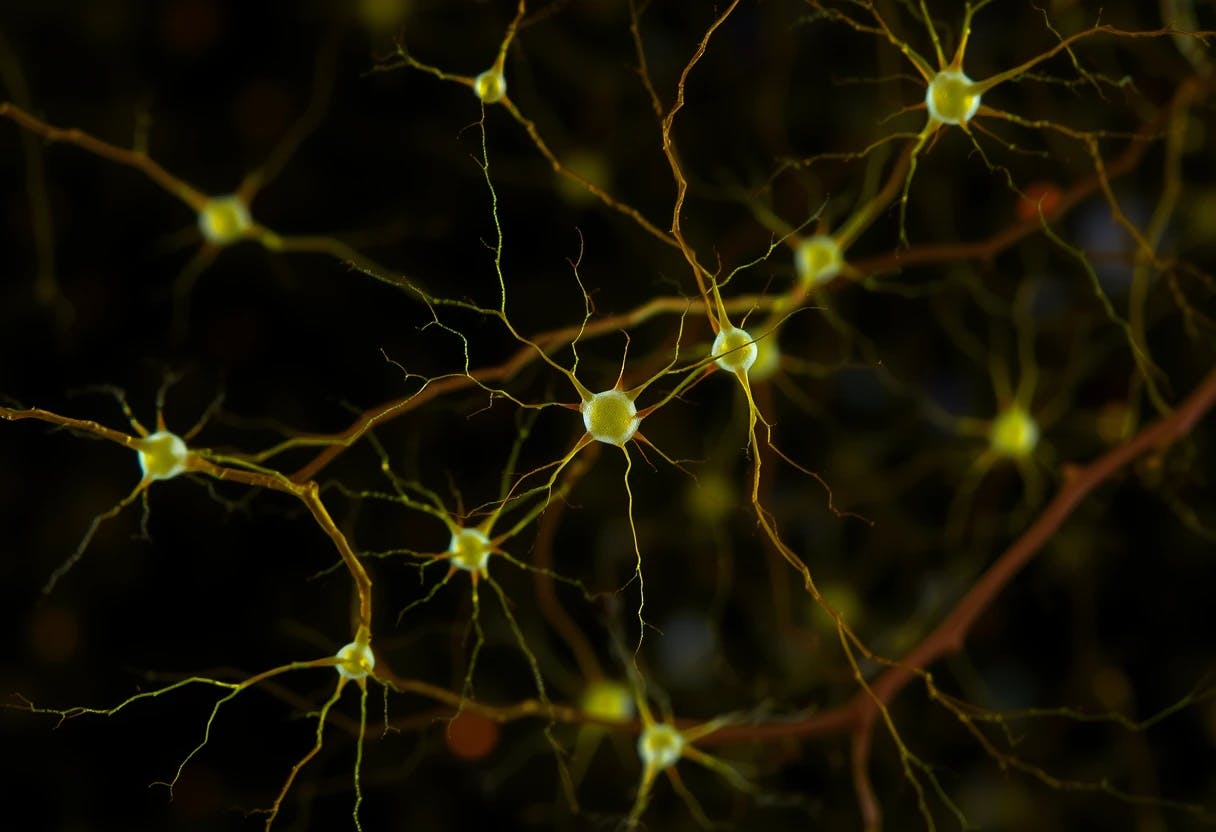
"Ideology functions as a complex mental state deeply intertwined with emotions, influencing extreme decisions and societal divisions across various lines."
"To comprehend ideology's role in our cognitive architecture, it is necessary to differentiate regular memories from the deeply rooted and persistent nature of ideologies."
The article explores the concept of ideology and its profound impact on individual behavior and societal conflicts. It distinguishes between regular memory and ideology, noting that the latter is deeply entrenched in the human mind and often influences extreme decisions. Ideology is tied to emotions and serves several functions, including memory regulation and emotional responses. The article suggests that modeling ideology through neuroscience could provide insights into conflict resolution and the responsible development of AI, highlighting the importance of electrical and chemical signals in understanding these processes.
Read at Hackernoon
Unable to calculate read time
Collection
[
|
...
]